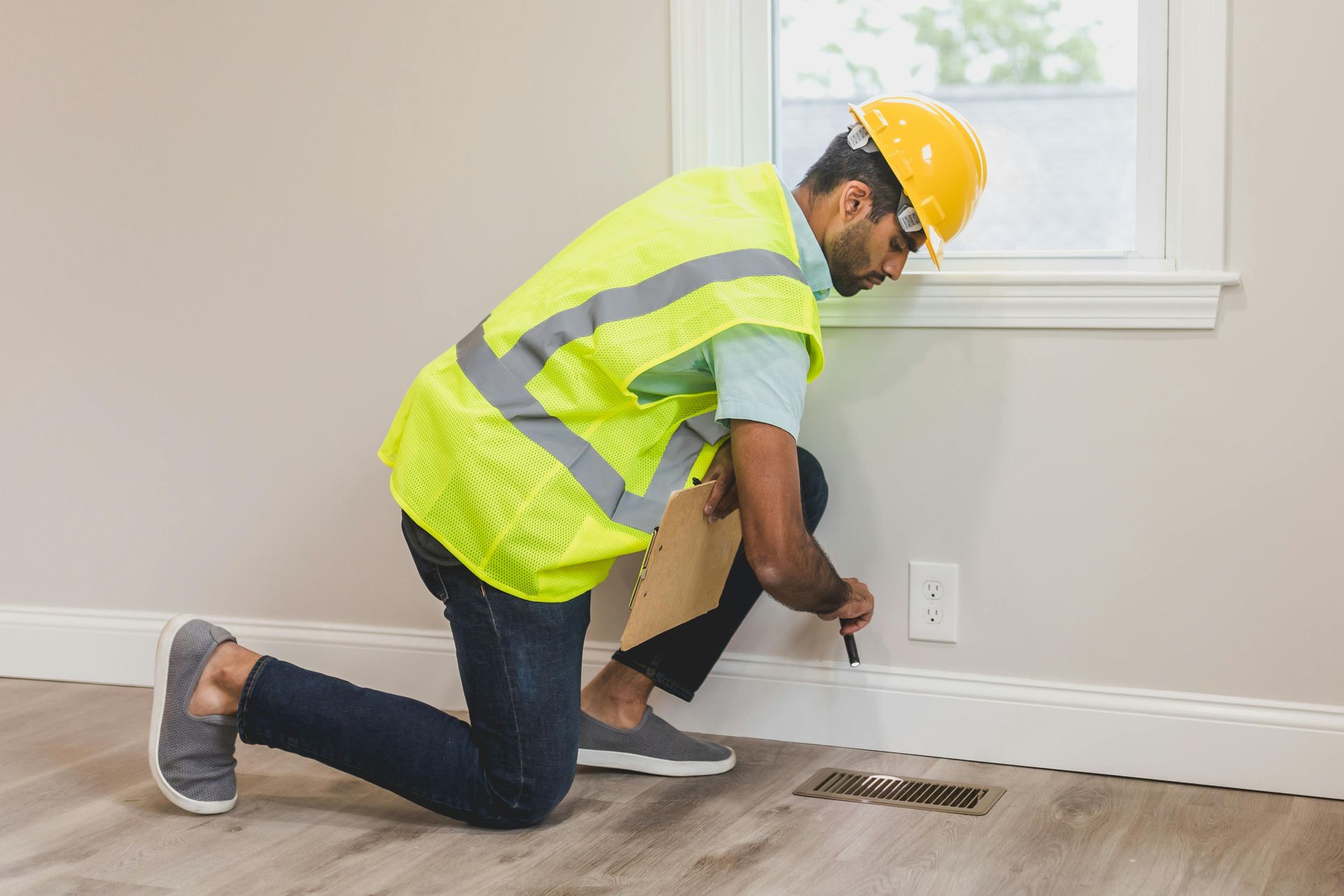Home Inspection Tips for Buyers

There are several steps involved in the home buying process. One of the essential steps is the home inspection. Once the seller accepts your offer, a home inspection should follow. But most buyers make the mistake of not taking the home inspection seriously, and they often miss out on the benefits that come with it. Such advantages include:
- The ability to detect major defects, potential threats, and safety issues on the house.
- An opportunity to negotiate the price of the property if any major defect shows up on the report. According to SterlingPropertySolutions.com, you can negotiate for a lower price to cover the repairs or replacements.
- It gives you insight into what you should expect so that you will plan for replacements or repairs if any.
- Eliminates your fears and worries and makes you feel confident or sure of the purchase.
Below are some home inspection tips for buyers.
1. Seek the services of a professional
The home inspection is not a do-it-yourself project, and you should not hire just anyone. If you do so, it is as good as not having a home inspection. Professionals have the necessary skills and experience to uncover hidden defects. Hiring their services will give you peace of mind. When choosing a home inspector, ask for their credentials, level of training, and experience regarding
the type of building involved. Your home inspector must possess the qualifications and training in
specialties like building maintenance and construction. Also, be sure that your interest is their priority.
2. The home inspection should be part of your contract contingency
It is necessary to include a home inspection as a contract contingency. That is because it will protect your interest and enable you to inspect the property after signing the offer. You can negotiate for repairs or replacements if the report shows significant issues. Where negotiation is unsuccessful, you can terminate the deal.
3. Exercise your right to inspection
You should not waive your right to a full home inspection. Some buyers do this because they have so much trust in the seller or real estate agent, and they believe that the home is in perfect condition. Most often, significant defects may not be evident and visible initially. But with time, they can result in extensive damage. An example is a faulty home foundation. At first, it may be undetected or very minor to the untrained eye, but it can worsen and lead to safety issues over time. And by this time, the repairs will be costly.
4. Attend the home inspection
It would be best if you turned up for the inspection because it is an essential process for buyers.
However, your presence at the home inspection process should not distract the inspectors from
performing their duties. The inspectors can make certain verbal comments. You should take note of these, ask questions where you don’t understand, and seek advice. Attending the home inspection will help you learn many things about the house and get more information about the property. It is more valuable than staying away from the inspection and receiving the report later.
5. Do not expect perfection
Sometimes, home buyers have unrealistic expectations. They expect the inspection result to come out without faults. However, the majority of home inspection reports will indicate some issues. These issues may be minor things that require upgrades or modifications. It doesn’t mean that the property is not habitable.
6. Do not focus on unimportant details
Your inspector knows the essential things to look for during a home inspection. However, a
comprehensive home inspection report will include both the major and minor issues. You should not focus on minor issues and miss out on an excellent offer. Problems such as carpets or a few faulty bulbs should not bother you. The report may show that the gutters have a drain problem and you should investigate the severity of the issue. It may just require simple cleaning of the downspouts or gutters. If you request sellers to repair minor accessories in the house, they may abandon your offer and move on with other clients. However, you should pay attention to major structural, plumbing, HVAC, or electrical problems.
7. Know when to negotiate or move on
Sometimes, you can have a serious attraction for the property, but you discover some significant issues when the home inspection report is out. At this point, you may have difficulties in deciding whether to negotiate further or walk away. When this happens, you can do any of the following:
- Request for the seller to perform repairs or replacements in line with the inspection report. This is appropriate for significant issues.
- Negotiate for a lower selling price if the issues are not severe.
- Request for a cash-back credit. Here, the seller provides an adequate amount of money for you to complete the repairs.
A home inspection is an essential process that home buyers should not take lightly. Buyers must hire reliable experts who can prioritize their interests and carry them along the process to avoid making costly mistakes.
Share this blog!



